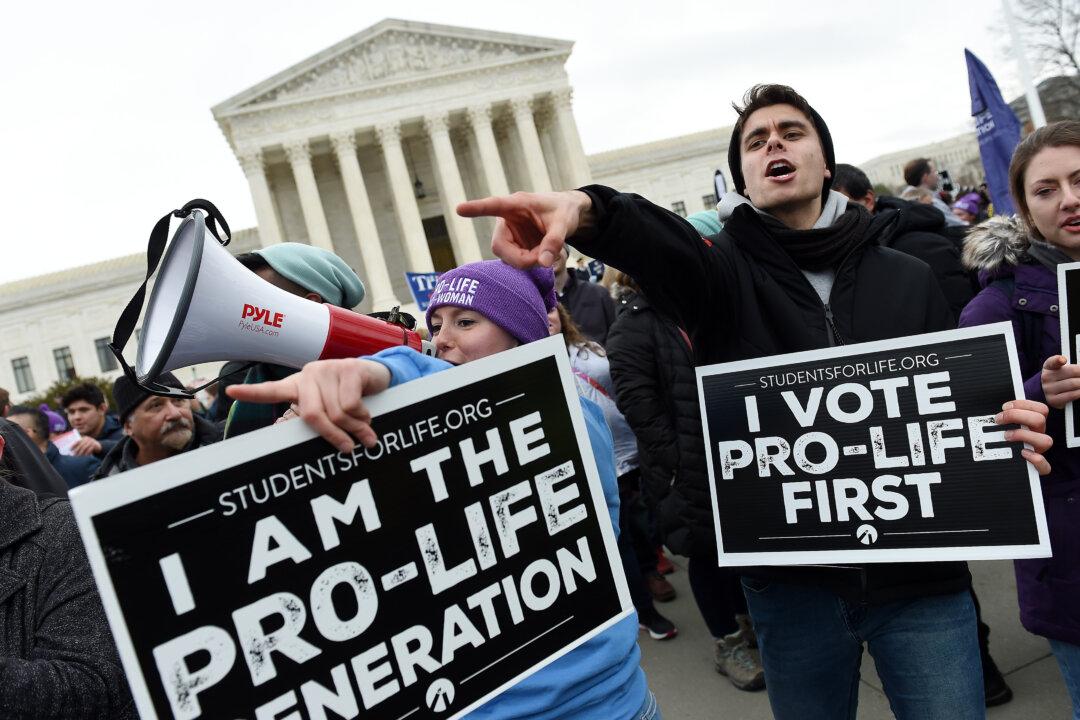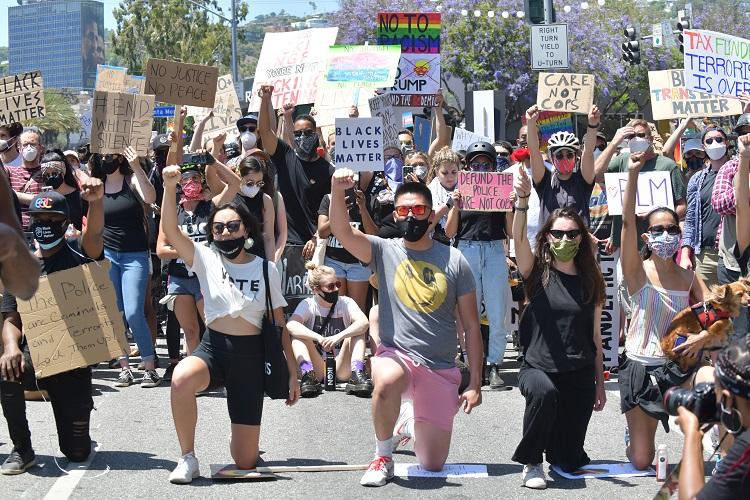Commentary
Last week, Twitter blocked an account that threatened to tear our social fabric asunder. And who wouldn’t? I mean, Twitter understands that free speech is all well and good, but when it comes to spewing pure evil, well, the people in charge have to put their foot down.





